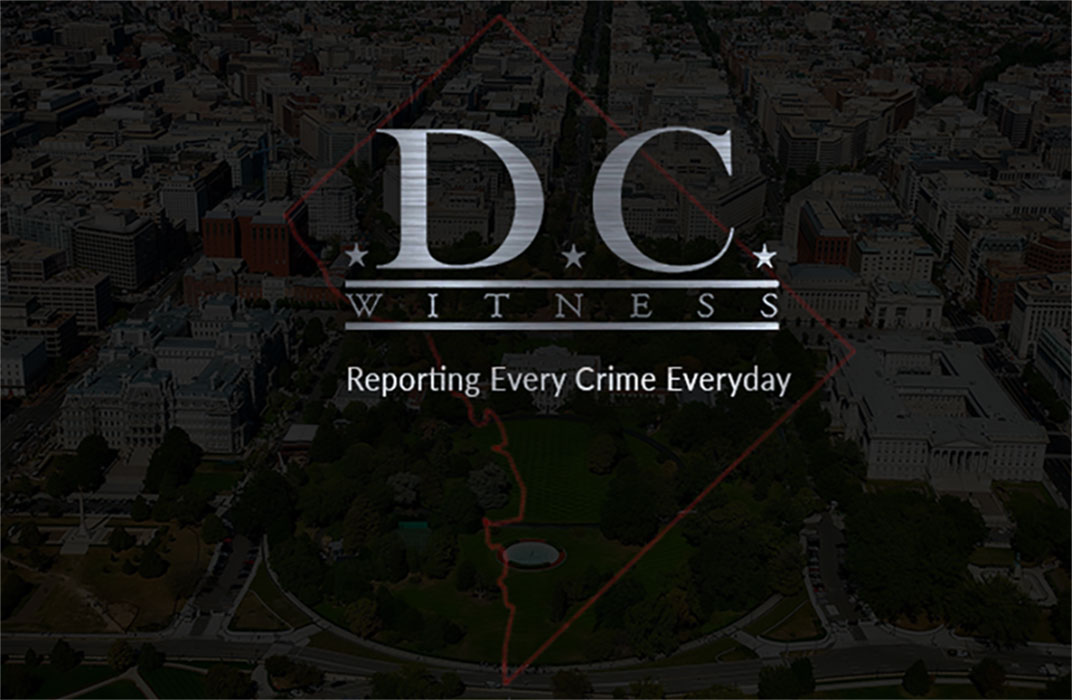
Thank you for reading D.C. Witness. Help us continue our mission into 2024.
Donate NowBy
Nick Pallotto [former]
, Hypatia Fitzsimons [former] - September 21, 2023
Court
|
Daily Stories
|
Non-Fatal Shooting
|
Suspects
|
During closing arguments on Sept. 20, counsel debated the relevance of evidence in a non-fatal shooting case.
Dominic Copeland, 33, is charged with assault with intent to kill while armed, aggravated assault knowingly while armed, robbery while armed, unlawful possession of a firearm, and three counts of possession of a firearm during a crime of violence. He was allegedly involved in a non-fatal shooting on the unit block of N Street, NW.
Artie Byrd, 31, Copeland’s co-defendant, is charged with accessory for his involvement in helping Copeland leave the scene of the crime.
Before counsel concluded their cases, a detective from the Metropolitan Police Department (MPD) testified about the surveillance footage he could gather from a Wendy’s restaurant on New York Avenue, where the victim and Copeland allegedly met before engaging in an exchange of narcotics on April 26, 2019, the day of the shooting.
When the detective went to the Wendy’s restaurant, he said he tried to obtain camera footage from a manager to get an understanding of what happened between the individuals before the shooting.
He said the manager told him that he didn’t have the password to the security system. To get the password, the detective was told he would have to get a technician to get access to the surveillance system.
The detective also testified regarding DNA evidence he gathered from a white Toyota Camry, one of the vehicles involved in the incident.
Michael Madden, Copeland’s defense attorney, questioned the detective on what was gathered regarding DNA evidence from the shooting.
The prosecution objected to Madden’s question of what the results of the DNA analysis were. When Madden rephrased his question, the detective said he received a report about the DNA analysis and that the prosecutors allegedly had access to the report.
Having had the report, the detective said he doesn’t recall what the findings of the DNA tests were.
During the closing arguments, the prosecution summarized the testimonial and video evidence and concluded that the jury should find Copeland and Byrd guilty of all charges.
However, the defense, during their closing statement, urged the jury to consider a verdict of not guilty for Copeland and Byrd as a result of weak testimonial evidence and misidentification with regard to Byrd.
Jury deliberations are slated to being on Sept. 21.
Follow this case